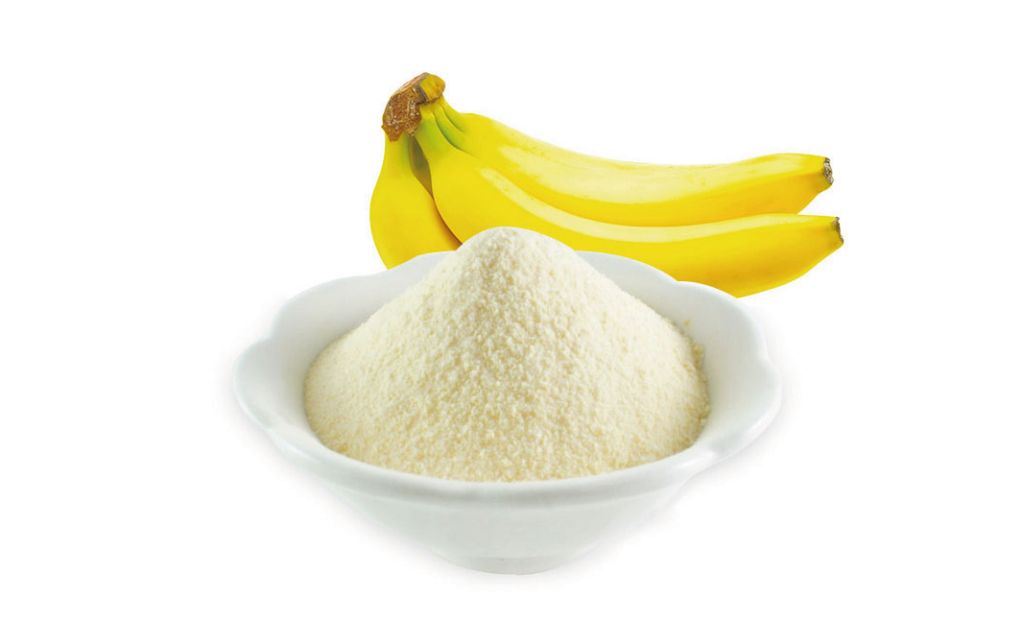People love strawberries because they are tasty, full of juice, and healthy. But there is a bit of confusion about if they are acidic or alkaline. Knowing whether strawberries are acidic or alkaline matters to some because they think it affects our health.
In this article, we will look into the acidity or alkalinity of strawberries. We will also talk about the good things strawberries can do for our health and how to add them to what we eat every day.
Table of Contents
Are Strawberries Acidic Or Alkaline?
Strawberries are a bit acidic. Their pH level is usually between 3.0 and 3.9. This means they are not neutral or alkaline. The exact pH can change. It depends on how ripe they are, where they grew, and how people have handled them.
Acid Reflux and Strawberries
Acid reflux is when stomach acid goes the wrong way, up into your throat. It can hurt and burn. Doctors often say you should avoid acidic foods if you have this problem. But most of the time, strawberries are okay because they are not too acidic. You can usually have some without trouble.
Strawberries have things in them that fight inflammation and act as antioxidants. These can help calm and protect your esophagus. Yet, some people might still find strawberries make their acid reflux worse. It is different for everyone. If you have trouble with acid reflux, watch how your body reacts to strawberries and avoid them if you need to.
Most people with acid reflux don’t need to worry about having strawberries. They could even help with symptoms. The key is to eat them in the right amount and watch how your body feels.
Why Are Strawberries Acidic?
Strawberries taste a bit sour because they have natural acids, like citric acid. This is the same thing you find in lemons and oranges. Citric acid isn’t very strong, and it’s in lots of fruits and veggies. It helps strawberries stay at the right pH and plays a part in how our bodies use energy.
The acidity of strawberries can change with the soil they grow in, the weather, and how people care for them. Even though strawberries are tart, they are good for you. They have lots of nutrients and should be part of a balanced diet.
Health benefits of strawberries
Strawberries are not just tasty; they are also packed with good stuff for your health.
Here are six reasons to eat more strawberries:
- Packed with antioxidants: They have vitamin C, anthocyanins, and ellagic acid. These help stop damage to your body’s cells.
- Heart-friendly: Strawberries may lower your blood pressure and inflammation. They also have fiber to help manage cholesterol.
- Boost brain health: The antioxidants might protect your brain and help keep your memory sharp.
- Support digestion: Their fiber content helps keep your digestion smooth and can support the good bacteria in your gut.
- Good for weight control: They have few calories and lots of fiber, which can help you stay full and not snack on less healthy options.
- Great for skin: Vitamin C in strawberries helps your body make collagen, which keeps skin looking young. Plus, their antioxidants protect your skin from the sun.
Eating more strawberries can help with many areas of your health, from fighting diseases to helping with digestion and brain health.
How Can You Incorporate More Strawberries Into Your Diet?
Adding strawberries to your food is easy and tasty. Here are some ideas:
- Enjoy them fresh: Wash and eat them as they are, or add slices to your cereal, oatmeal, or yogurt.
- Sip on smoothies: Mix them into drinks with other fruits, veggies, and even some protein powder.
- Mix into salads or desserts: Brighten up a salad or put them on top of ice cream, cake, or pancakes.
- Make your own jams: Create strawberry jam, jelly, or preserves to spread on bread or to mix into yogurt or oatmeal.
- Bake with strawberries: Bake them into muffins, bread, or make a strawberry pie or tart.
- Freeze them: Save some strawberries for later. You can eat them frozen, put them in smoothies, or use them as a topping on desserts.
These are just a few easy ways to enjoy the taste and health benefits of strawberries in your everyday food.
Wrapping Up
Strawberries are a good choice if you’re looking for a healthy snack. They are full of antioxidants and vitamins that help protect against diseases, improve digestion, keep your brain sharp, and keep your skin healthy. They are also sweet and can make meals more interesting. Strawberries are easy to include in your diet whether you have them on their own, in your drinks, or add them to other dishes.









